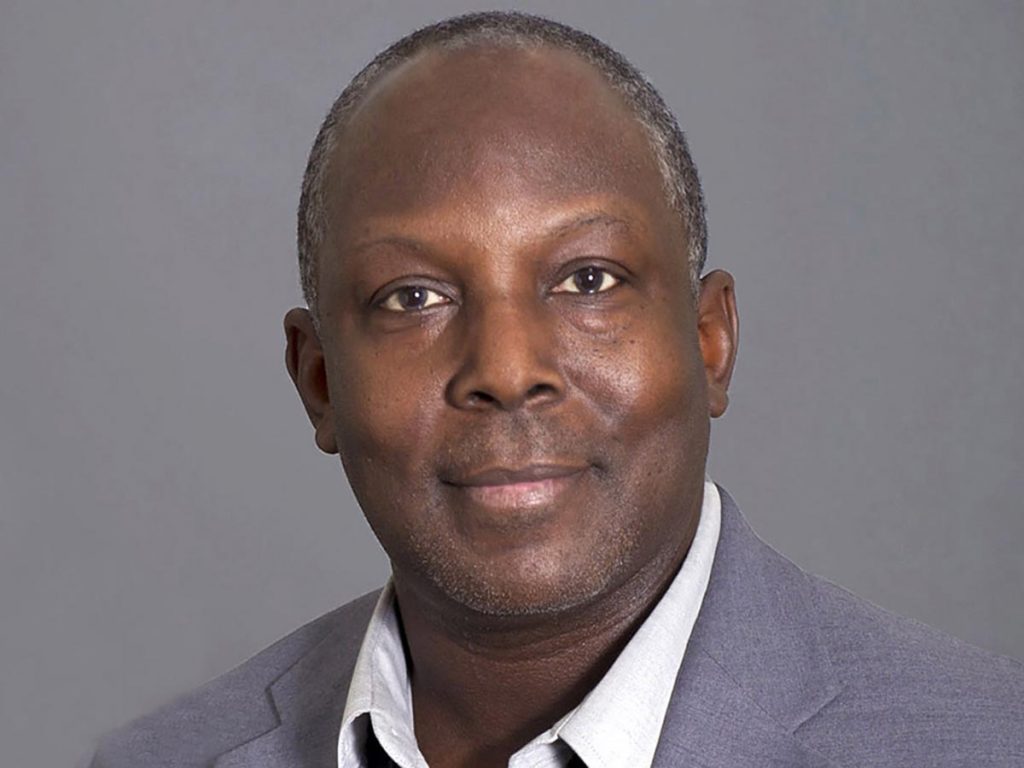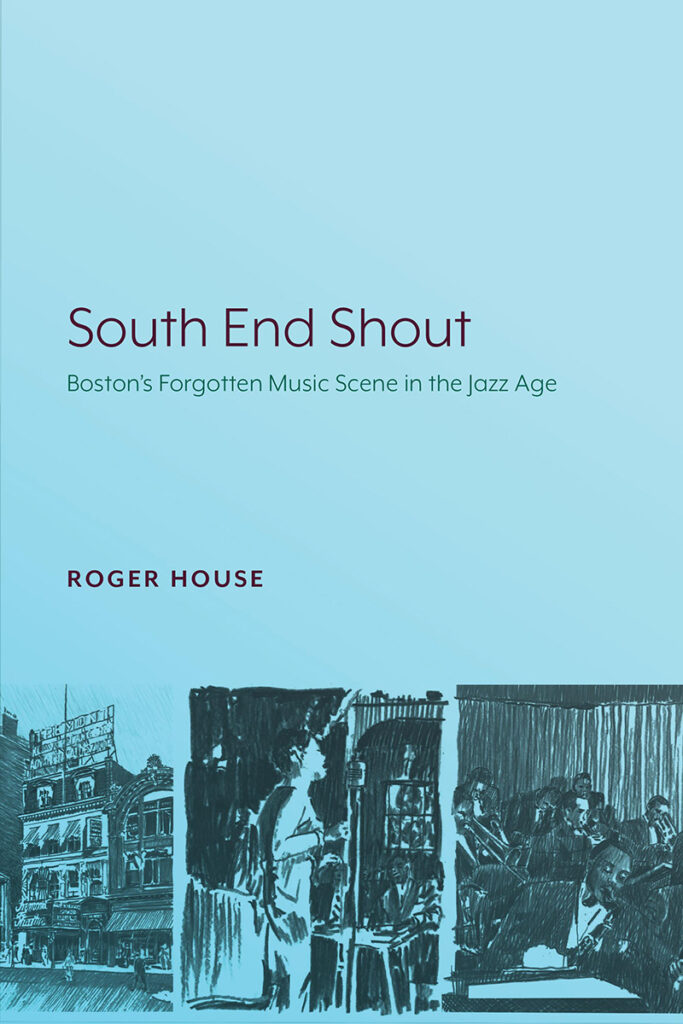House: Let NAACP Conference Be Springboard to ‘Unity Summit’

When the NAACP Conference comes to Boston July 26-August 1, attracting Black leaders from government, academia, industry, and entertainment, Associate Professor of American Studies Roger House will be there with them.
House is exhibiting his books on the history of Black music and musicians during The Hub, a weekend expo at the conference that highlights “the intersection of Black culture and social impact,” featuring art, sports, entertainment, and technology. House is the author of the newly released South End Shout: Boston’s Forgotten Music Scene in the Jazz Era (Lever Press, 2023), as well as a companion calendar, and Blue Smoke: The Recorded Journey of Big Bill Broonzy (LSU Press, 2010).
But House is hoping that the conference – at which, among other luminaries, Vice President Kamala Harris and celebrity historian Henry Louis Gates Jr. will speak – can also serve as a rallying cry for a larger “unity summit.”
“As a nonprofit entity, the NAACP is ill-positioned to craft a political agenda – but is it well-positioned to put out a call for a unity summit?” he asks in a piece published on both The Messenger and Word in Black.

House writes that in the wake of the Supreme Court decision striking down affirmative action, Black political leaders missed an opportunity to collectively respond.
“Black political leaders have a springboard to a broader discussion on the inertia within their community, and the judicial denial of the wrongs of slavery and Jim Crow behind a ‘colorblind’ reading of the Constitution,” House wrote. “A unity summit could devise a constructive agenda for the future – how Black America can survive the 21st century – before we embark on the ritual mobilization of voters for the 2024 election.”
A unity summit should address a number of topics, House writes, including, but not limited to, economic and labor inequities in Black communities; reparations proposals; and pro-recovery, pro-youth public safety measures.
House writes that a unity summit would “honor the ambitions” of “The Gary Declaration,” a manifesto that resulted from the 1972 National Black Political Convention in Gary, Indiana, “which stated: ‘We must build for our people. We must build for our world. We stand on the edge of history. We cannot turn back.’”
Outreach to Youth
House won’t be the only Emerson representative at the NAACP Conference at the Boston Convention and Exhibition Center.
Emerson’s Admissions office will host a table at the ACT-SO College Summit, part of the Afro-Academic, Cultural, Technological, and Scientific Olympics (ACT-SO), a competition for high school students who work with community-based mentors throughout the year to develop projects and performances.
The College Summit invites colleges and universities across the Commonwealth to attend so that participating high school students can learn more about their undergraduate and graduate offerings.
Staff from the Social Justice Collaborative’s HIVE (Hub for Inclusive Visionary Engagement) will join the Admissions table to talk to students about EmersonWRITES and EmersonTHEATRE, free pre-college programs for local public school students supported by the SJC in partnership with Student Success, as well as the Writing, Literature and Publishing and Performing Arts departments.
Among others stopping by ACT-SO will be Director of Intercultural Student Affairs tamia jordan; Samantha Ivery, Director of Equity Initiatives, part of Internationalization and Equity; and Vice President for Government and Community Relations Peggy Ings.
Categories